My daughter is 25 now and throughout her dating career I’ve been a little bit of a protective mother and tried to make sure she was in positive relationships. Fortunately that was always the case, however, it may not be the case for every teenage girl. Valentine’s Day is supposed to be about hearts and flowers between loved ones. Lurking in the background though is the possibly of relationship violence. That is why when I saw this article in our local newspaper I thought it would be a good idea to post it for our readers. The article lists phone numbers for support services in the local area. Take some time to research what the resources are in your area and share them with your daughter.
Mukilteo Beacon, February 12, 2014: DVS Working to Prevent Teen Dating Violence
February, often seen as a month for love and relationships, is also Teen Dating Violence Awareness Month.
This month, Alyssa Morgan, the teen dating violence prevention expert for Domestic Violence Services of Snohomish County, hopes to raise awareness and prevention of abuse in teen relationships.
An educator, Morgan visits high school and middle school classrooms throughout the county, and teaches students through presentations and interactive activities about healthy relationships so that they are less likely to get involved in an abusive one.
“This is investing in the age where they are starting their relationships, even as early as 11 years,” Morgan said. “It gives us an opportunity to promote healthy relationships, show them what that is, and give them tools to develop healthy relationships. It’s all about education.”
According to DVS, an estimated one in three teens ages 12-18 will be victims of abuse in their relationships. The abuse can be physical, sexual, emotional, verbal or – these days – digital.
However, many don’t know violence in teen relationships is an issue because only 33 percent of teens who are “dating” will report it, according to DVS.
So far in the Mukilteo School District, Morgan has shared her age-appropriate curriculum with students at both Mariner and Kamiak high schools and is working to expand to Voyager Middle School.
Her overall goal is to get teens talking openly about relationships – gender stereotypes, what is healthy, what they want out of a relationship, what isn’t heathy and what they don’t want.
“I also ask the kids, ‘What do you value about yourself?’” Morgan said. “Because what I learned is that it starts inside; it starts with them individually. If they don’t value themselves, then these kids are not able to develop healthy relationships.”
Sarah McCoy teaches Family and Consumer Sciences, Family Health, Personal Choices and Independent Living at Mariner High School. She has asked Morgan to talk to her classes several times.
“For my students, it’s very, very relevant, because they either grow up in homes where they see it or they have experienced it or they know others who have experienced it,” McCoy said.
“They’re dating, they’re in relationships, and they know about abuse, but they don’t recognize the key warning signs.”
Morgan said teens who see abusive relationships as the norm at home are more likely to become victims of abuse or an abuser.
However, when she asks students what a healthy relationship means to them, all of them say it’s about trust, loyalty, love and compatibility.
“They know these things because those words mean something to everybody, but they don’t all know how to put that into practice,” Morgan said. “They don’t all know what is the active sense of those words.”
Morgan said their lack of relationship experience makes teens more susceptible to dating violence. They may confuse jealousy, possessiveness and abuse with signs of love and affection.
“A lot of times, in these relationships, it’s the rose-color glasses,” she said. “They think, ‘It will never happen to me’ or ‘It’s just stress,’ or ‘It’s not that big of a deal.’”
She said the mistake teens make is thinking that they can fix their relationship or that they can change their partner.
“Abuse escalates over time,” Morgan said. “It doesn’t start off with a black eye – it starts off with someone telling you that you’re worthless.”
Teens are more likely to talk to their peers than an adult about their relationships, out of fear that they will lose their newfound independence, Morgan said.
However, she said talking to their peers might make it harder for a victim to judge if his or her partner’s behavior is out of line. Not only that, peer intervention may increase the victim’s risk.
Just part time, Morgan said she wishes she could educate more teens about healthy relationships, but right now the funds aren’t there to make hers a full-time position. She said she has visited about a third of the county’s schools.
Morgan said her presentations seem to be helping. At least one student per classroom comes up afterward and shares a dating experience or says, “Thank you – I didn’t know.”
“You have to nip it in the bud, address it, talk about it,” Morgan said. “It’s scary. We don’t want to talk about abuse, but it is happening.
“We have to start having conversations about these types of things. If we don’t, it’s not going to get any better.”
If you’re in an abusive relationship, call the DVS 24-hour Crisis Hotline at 425-25-ABUSE to report it. If you need urgent help, call 911.
Go to www.dvs-snoco.org for more information about dating violence and prevention.
Want Morgan to visit your school? Contact her at alyssa@dvs-snoco.org.
The following are warning signs of dating violence, if your boyfriend or girlfriend…
• Is excessively jealous
• Checks in with you constantly or makes you check in with him/her
• Has an explosive temper
• Is violent and/or has a history of fighting, abuses animals and/or brags about mistreating others
• Tries to control you by giving orders, making all the decisions, telling you what you should and should not do
• Pressures you or is forceful about sex
• Isolates you from friends and family and talks badly of those who are important to you
• Believes in the stereotypical gender roles
• Gets too serious about the relationship too fast
• Blames you when he/she mistreats you and tells you that you provoked him/her
• Does not accept responsibility for his/her actions
• Has a history of bad relationships and blames them on previous partners
• You fear or worry about how he/she will react to what you say or do
• Owns or uses weapons
• Won’t let you break up with him/her
Above information from Domestic Violence Services of Snohomish County.
See original article here.

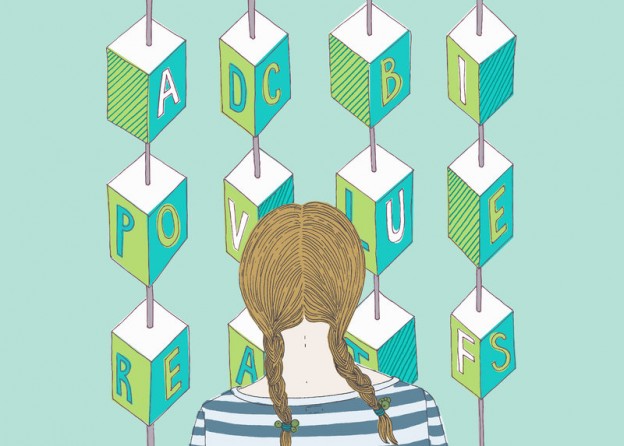
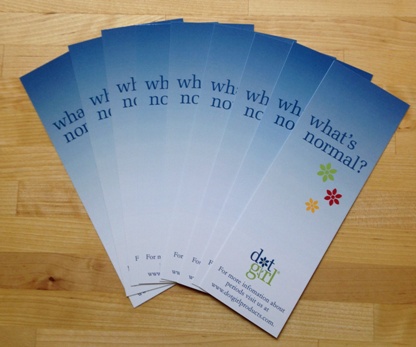
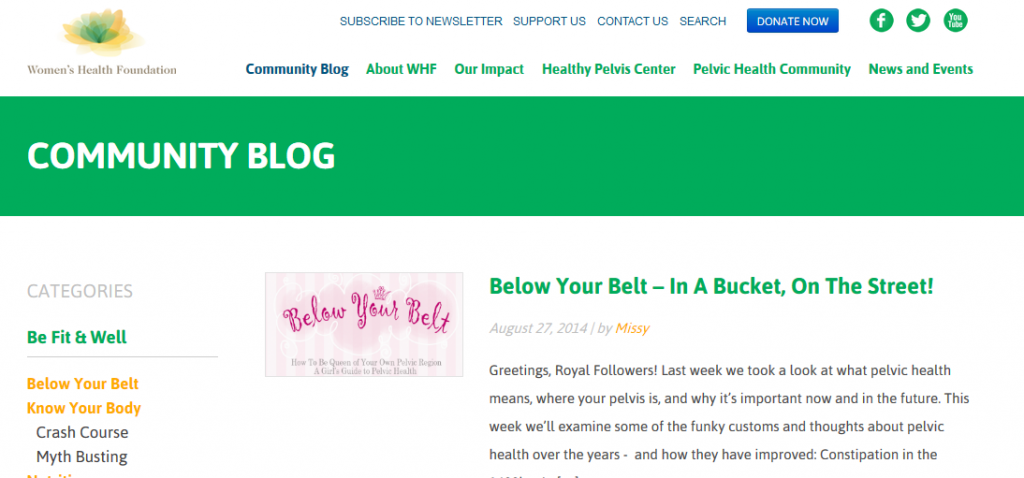
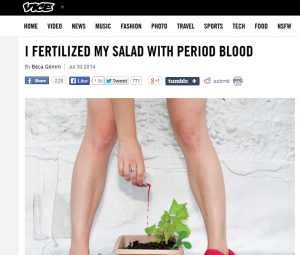
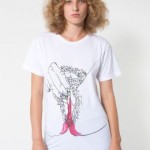


 Reblogged from
Reblogged from